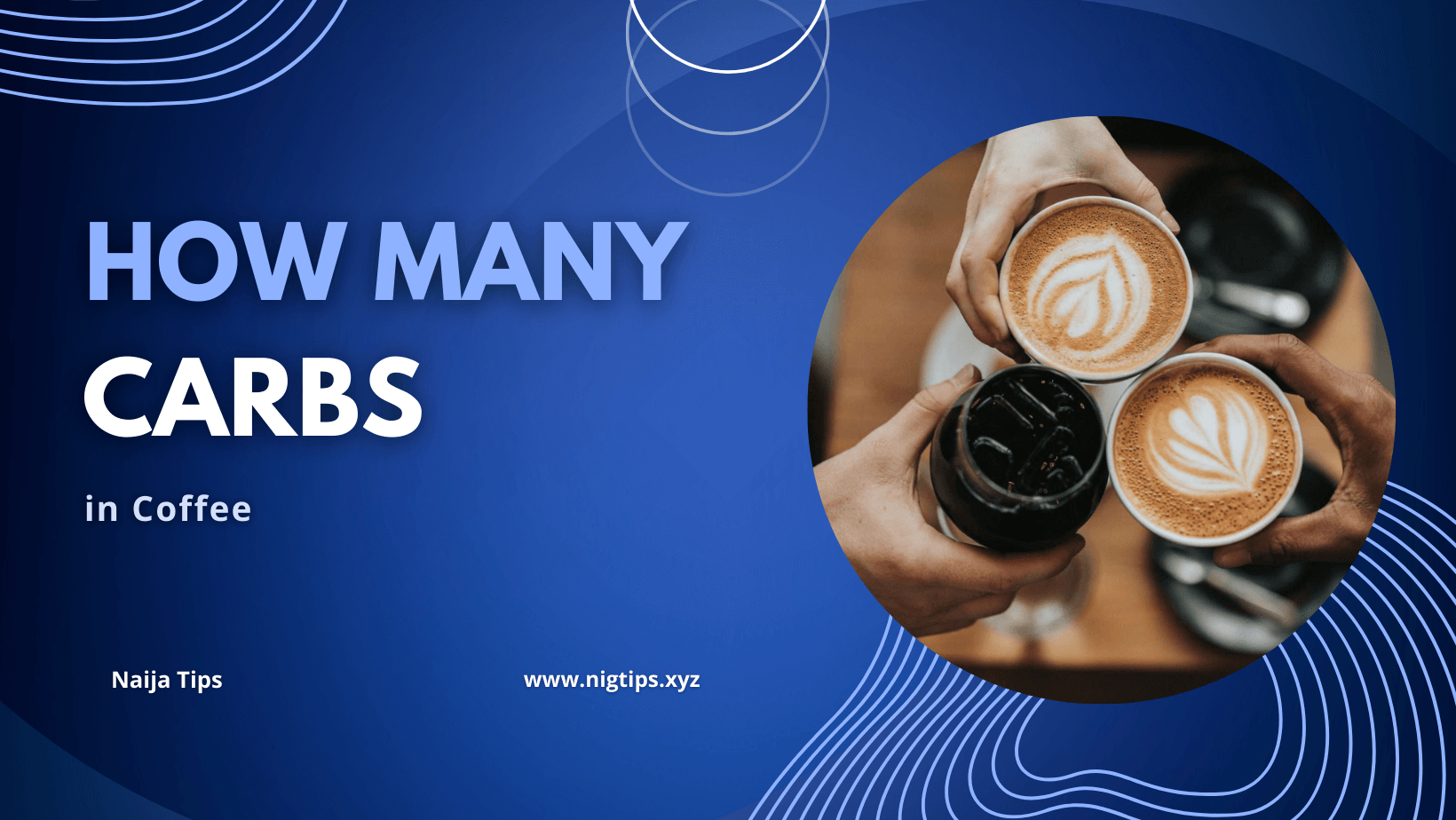No matter your taste in coffee, there are ways to limit the carb intake. One cup of brewed coffee contains only 2 grams of carbohydrates!
However, that number can quickly increase with added ingredients like syrups and creamers. Furthermore, adding sugar to your coffee can further increase its caloric intake.
Milk
Milk and sugar are two of the main sources of carbohydrates in coffee. Eight ounces of whole or low-fat milk contains around 12 grams of carbohydrates; milk contains lactose which your body metabolizes similarly to glucose.
Your best option for cutting back on carbs in your coffee cup is either drinking black coffee or switching up your milk options to lower-carb varieties such as 2%, almond or soy. When looking for creamers, choose non-dairy and unsweetened options; and when ordering lattes made with skim or 1% milk and request that the sugar be removed.
Your coffee's carb count also depends on the ingredients you add to it, such as flavored syrups and whipped cream, both of which contain lots of carbohydrates. To cut back on these carbohydrates, choose sugar-free syrup that's marked as such or opt for natural sweeteners like stevia, monk fruit or xylitol to sweeten it instead.
Read: How to Cook Parboiled Rice.
If you're uncertain how many carbohydrates are in your beverage, consult the nutrition facts panel. Pay particular attention to total carbohydrate count which includes both added sugars and dietary sugars; this will enable you to distinguish whether your beverage's carbohydrates come from nutritious milk sugar sources or unhealthy added ones.
Sugar
Carbs provide energy to our bodies in the form of carbohydrates. While coffee beans do contain some carbs, how they impact your cup will depend on its preparation: standard black coffee contains negligible carbohydrates while lattes, cappuccinos or espresso may have higher carb content.
Coffee's carbohydrate content comes mainly from milk and sugar. Eight ounces of whole or low-fat milk will contain 12 grams of carbohydrates; therefore it is crucial to read Nutrition Facts labels when purchasing foods to understand exactly how many carbs there are in them.
Trying to limit carbs in your cup of joe? For starters, switch out regular milk for skim milk or low-fat creamer. Also try sweeteners like monk fruit or stevia that don't contain any, such as monk fruit or stevia. However if you are trying to maintain or lose weight try adding only 1 teaspoon (4 grams of carbohydrates in 1 teaspoon of sugar) per drink and add only that much as needed (e.g. 1 teaspoon has 4 grams). Keep track of how adding extra sugar can significantly raise its calorie count so opt for lower calorie sweeteners like monk fruit xylitol stevia or xylitol as these sweeteners won't contribute any more calories.
Sweeteners
There are a few low-carb sweeteners you can add to your coffee for added sweetness without relying on refined sugars like cane or white cane sugar, such as stevia or monk fruit extract based products that offer natural sweetness without added chemicals and processing steps. They are readily available from health food stores or the Internet; many have an extremely low glycemic index rating which won't impact blood sugar or insulin levels either way.
A standard cup of brewed black coffee contains around 2 grams of carbohydrates; this number increases with milk or other ingredients being added. Iced coffee contains even more liquid, further increasing its carb count.
If you enjoy sipping lattes, the type of milk and amount of syrup used can have a huge impact on how many carbohydrates your beverage contains. A flat white with 1:3 espresso to dairy milk ratio and one pump of vanilla syrup will contain 15 grams of carbohydrates; mocha made using chocolate syrup will contain more carbs.
Some popular sugar substitutes such as saccharin (Sweet'n Low), aspartame (Nutrasweet), and sucralose (Splenda) all possess low glycemic index ratings but should still be taken with caution as too much can adversely impact blood sugar, lead to cravings, disrupt insulin levels and cause any subsequent difficulties with weight management. Maltitol also offers lower GI ratings than sugar but excessive consumption could have laxative side effects.
Other Ingredients
If you're following a low-carb diet, it can feel as though all your favorite foods are off limits. That's why it's essential to know whether or not your morning cup of coffee contains carbs. Black coffee without added sugar or milk typically contains negligible amounts of carbohydrates depending on its brewing method; filter coffee has zero while espresso contains one gram due to forcing hot pressurized water through coffee beans which extract some natural oils and fats present within them during brewing.
Add other ingredients, and the carb count can skyrocket - for instance, an iced Frappuccino or cappuccino will contain more than twice the carbs found in standard black coffee due to including sweeteners and syrups as part of its composition.
Coffee can still be enjoyable without all those extra carbohydrates by ordering smaller sizes or forgoing add-ins altogether. When purchasing from a coffeehouse, take care to review its nutrition facts panel to check that there aren't any unnecessary carb-rich additives present; alternatively you could try nondairy milk which has less carbohydrates. Lastly, be wary of sugar substitutes like honey or maple syrup which could raise blood sugar levels as well as "sugar alcohols" like erythritol or sorbitol which may increase them further.



Post a Comment
0Comments